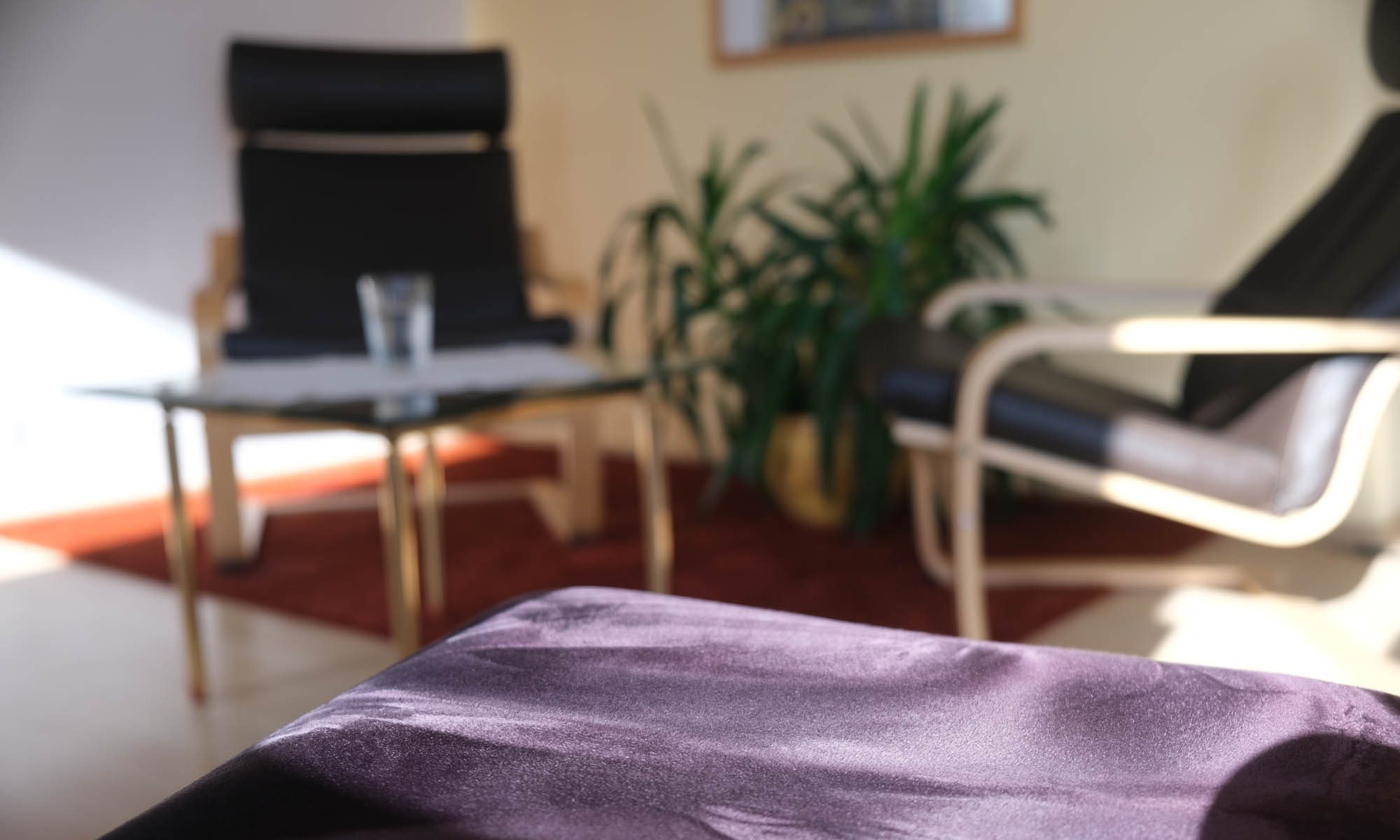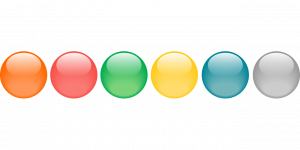
Change Takes Time
A story about old patterns and new paths
Change takes time – a story about old patterns and new paths:
Change does not always happen with a bang. More often, it begins quietly – in conversations, in moments of pause, in encounters that touch us more deeply than we expect. Old patterns develop over decades. They once protected us, gave us stability and direction. But at some point, they no longer fit the person we have become, and it is time for new paths – time to rewrite our story.
This story is about exactly such transformations. About imprints from childhood, unrecognised relationship patterns, the desire to please others – and about how difficult it can sometimes be to take one’s own place. And it tells of the fact that real change takes time: patience, honest conversations and the courage to take new steps.
I would like to introduce you to Ben – from my Martha & Alva series. Look forward to a continuation that shows:
Change takes time
A story about old patterns and new paths – by Bettina Bonkas
Martha was full of anticipation. It was time again – she was on her way to see Alva.
Had it really been three years since she had gone away on a spontaneous short trip back then? That was how she had met Alva, her hostess. 2022 was the year she separated from Björn after he had cheated on her. Deeply hurt and humiliated, she had arrived at Alva’s – and returned home strengthened and with a new friend.
Relationship-wise, 2023 had been quiet, but work had been all the more stressful. She quickly dismissed any thoughts of changing jobs; after all, the flat still had to be paid off. So many responsibilities – yet thanks to Alva she had learned to slow down again and again.
What was happening in the world and in Germany had not left Martha untouched: the wars, the growing loss of humanity in how people treated one another, and the economic situation. At times she felt powerless in the face of it all. All the more important, then, were her meetings with Alva – encounters that showed that connection was still possible. That conversations could change something. Perhaps not the world at large. But in small ways.
During the train journey, she kept looking out at the snow-covered landscape. Early winter had dusted everything with icing sugar – it all looked so peaceful. How beautiful the view from her room over the palace gardens would be. She was looking forward to her morning walks and had already arranged to meet Catalina – the photographer with that incredible sunshine energy she had met last year.
With only ten minutes’ delay, the train pulled into Frankfurt Central Station. Now she just had to take the S-Bahn to Bad Homburg. Martha was heading towards the suburban railway when she heard the announcement:
“Attention, attention: Due to a signal box fault, no S-Bahn services are running today. A rail replacement service is in operation.”
What?! This couldn’t be happening now: the train was on time, but public transport wasn’t. Deep breath. When Martha saw the crowds waiting for the replacement buses, it was clear: not an option. Another deep breath. These situations still stressed her out. Silly, really.
She followed the signs to the taxi rank. There was a queue there too, but at least it was manageable. Martha joined it. With half an ear she listened to the man in front of her giving the driver his destination. That was probably the last taxi for now. Damn.
Hadn’t he just said Bad Homburg?
She mustered all her courage and spoke to him.
“Excuse me, would you mind if I shared the taxi with you? I’m going to Bad Homburg as well – we could split the fare. It seems to be the last taxi for the moment.”
She was nervous. Speaking to strangers was really not her thing.
“Sure, jump in.” He smiled kindly.

They stowed their luggage and off they went.
“By the way, I’m Ben. And you?”
“Martha. Thanks again for letting me share the taxi with you. It’s complete chaos out there at the moment.”
“No problem at all. Yes, I noticed – but with all this luggage, the train wasn’t really an option for me anyway. I’ve just come back from a long business trip.”
They chatted away, and much sooner than expected they arrived at Alva’s B&B.
“So this is Alva’s legendary B&B. I’ve often wondered what the houses by the palace gardens look like inside. You’ll have to send me some photos. Have a lovely time in Bad Homburg.”
They said their goodbyes – and the very next moment Martha was standing in front of Alva.
Welcome back, my darling.
“Oh, it’s so, so wonderful to be back again.” The two women embraced warmly.
“Leave your luggage downstairs for now. Would you like your hot chocolate again, my darling?”
“Absolutely! Alva – you’re positively glowing. Is there any news?”
Alva smiled. “Yes, but I’ll tell you later. First – how are you? How was the journey?”
“The journey was relaxing. Not much has changed since the last time we spoke on the phone. But I can tell just by looking at you that you have news. Is it something to do with Daniel?”
Daniel was Alva’s partner from Scotland. He was a musician. At first, Alva had moved to be with him, but she missed Germany and her B&B. Together they found a solution: during his tours she would come back to Germany to run the B&B. And Christmas, of course, was always spent in Germany – she simply loved the Christmas markets far too much.
Alva beamed. “I’ve written a book.”
“No way! You never told me that.”
“When we spoke on the phone, I wasn’t even sure I’d finish it. I was completely stuck. But then suddenly I found my flow – and now it’s done.”
“Wow, that’s wonderful.”
“And the best part is: I’ll be giving a reading, and Daniel will accompany me with his music. I’m so happy.”
The doorbell rang.
“Probably the post,” said Alva, heading for the door. She didn’t come back alone.
“Ben?” Martha stared at him.
“Unplanned,” he grinned. “My heating’s broken. Then I remembered your Alva, and she – I’m so grateful – had a room for me. Now I finally get to see what the houses by the palace gardens look like inside. Very cosy!” Ben looked around the kitchen with an approving nod.
“Thank you,” Alva smiled.
“My dears – hot chocolate, or shall we go out into the palace gardens while it’s still light?” Alva looked at her guests questioningly.
“The park!” they both called out at the same time.
In the palace gardens, Ben started a snowball fight. To Martha’s horror – but soon she gathered her courage and, together with Alva, they gave him a proper drenching.
Frozen through but cheerful, they returned to the house.
“Mulled wine?”
“Alva’s mulled wine is legendary – a family recipe.”



Did you enjoy my piece?
Then I’d be delighted if you shared it – the classic way by email, on social media – everything is welcome. If you subscribe to my newsletter, you’ll receive my posts automatically. 🙂
Are you interested in personal development,
• but feeling a little overwhelmed and wishing for additional or deeper support?
• or noticing that you can’t quite move forward on your own?
Some topics are multifaceted and need a closer, more in-depth look. I’d be happy to support you through coaching.
Interested in a free introductory call? I look forward to hearing from you.









 Less digital overload
Less digital overload






 Confidence – Paths Full of Light and People Who Accompany Us
Confidence – Paths Full of Light and People Who Accompany Us



 Every step counts
Every step counts








